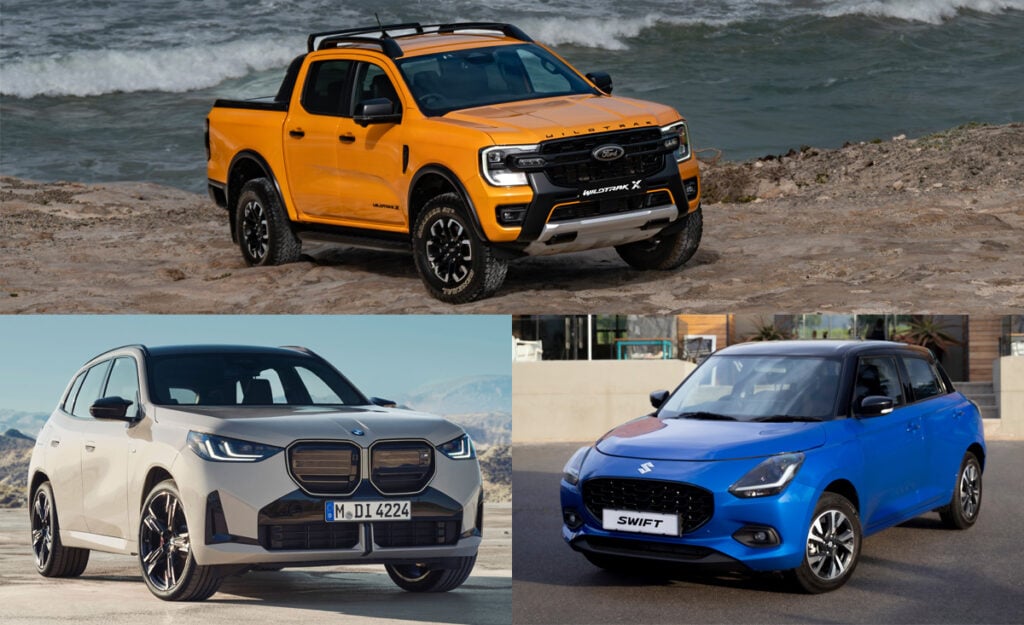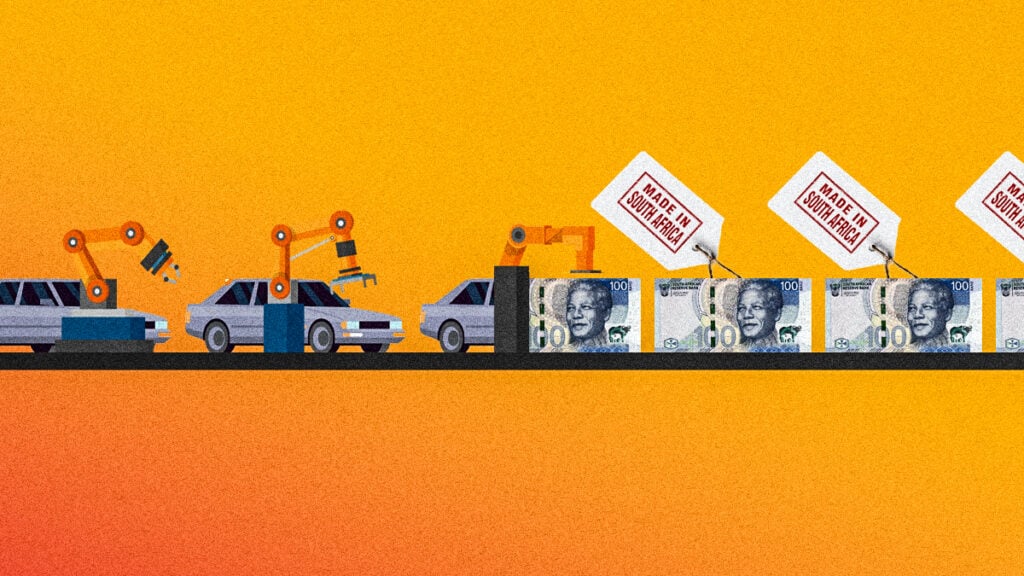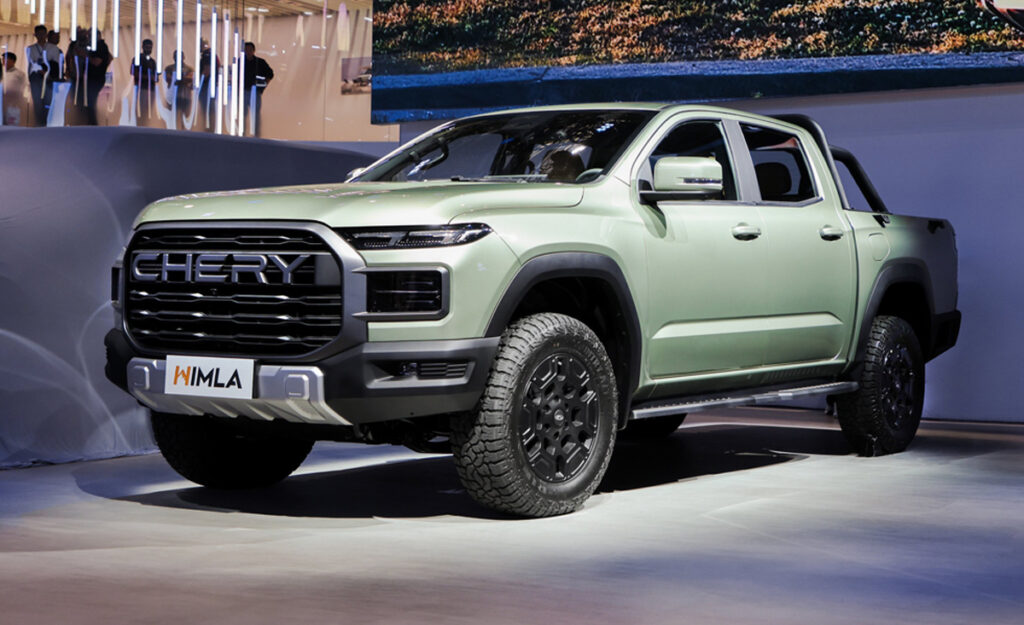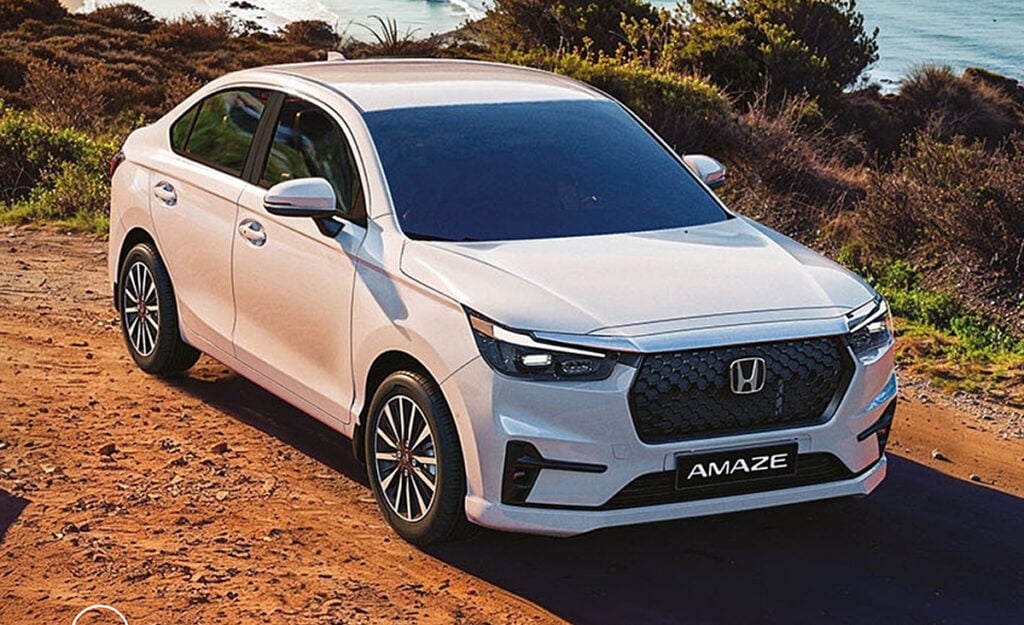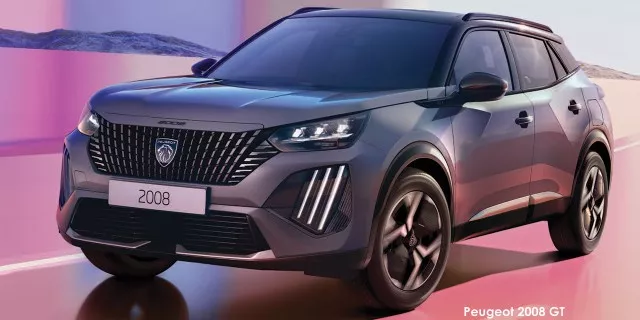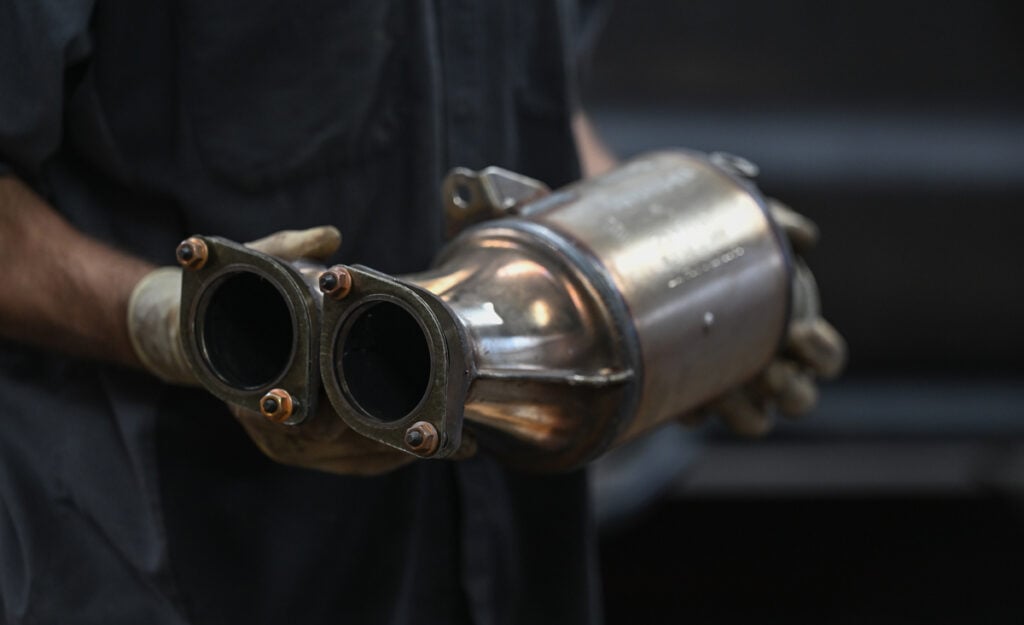
Catalytic converters are the most valuable car parts in the domestic market as they are responsible for over 44% of the country’s automotive component exports.
A catalytic converter is a device used to control a vehicle’s emissions, as it converts harmful pollutants into less damaging substances before they exit the exhaust by means of chemical reactions.
In 2023, South Africa exported R29.49 billion worth of catalytic converters to over 23 countries outside its borders.
South Africa’s top automotive component exports
The automotive component export industry brought in a colossal R66.9 billion for South Africa’s fiscus in 2023; while a significant sum, this is 4.8% lower than in 2022 mainly due to a decline in catalytic converter exports, according to Naamsa’s latest automotive trade manual.
The table below shows the country’s top automotive component exports last year:
| Component | 2023 exports (R million) | % of total export value |
|---|---|---|
| Catalytic converters | R29.49 billion | 44.1% |
| Engine parts | R5.11 billion | 7.6% |
| Tyres | R3.83 billion | 5.7% |
| Transmission shafts/cranks | R1.68 billion | 2.5% |
| Radiators/parts | R1.29 billion | 1.9% |
| Automotive tooling | R1.08 billion | 1.6% |
| Axles | R1.02 billion | 1.5% |
| Engines | R973 million | 1.5% |
| Gauges/instruments/parts | R800 million | 1.2% |
| Clutches/shaft couplings | R685 million | 1.0% |
| Filters | R609 million | 0.9% |
| Silencers/exhausts | R603 million | 0.9% |
| Body parts/panels | R598 million | 0.9% |
| Batteries | R575 million | 0.9% |
| Automotive glass | R556 million | 0.8% |
| Shock absorbers/suspension parts | R438 million | 0.7% |
| Gearboxes | R361 million | 0.5% |
| Brake parts | R356 million | 0.5% |
| Lighting equipment/parts | R337 million | 0.5% |
| Ignition/starting equipment | R317 million | 0.5% |
| Stitched leather seats/parts | R229 million | 0.4% |
| Road wheels/parts | R225 million | 0.3% |
| Gaskets | R222 million | 0.3% |
| Wiring harnesses | R175 million | 0.3% |
| Alarm systems | R138 million | 0.2% |
| Springs | R134 million | 0.2% |
| Steering wheels/columns/boxes | R113 million | 0.2% |
| Seats | R64 million | 0.1% |
| Airconditioners | R56 million | 0.1% |
| Jacks | R40 million | 0.1% |
| Car radios | R39 million | 0.1% |
| Seatbelts | R13 million | – |
| Other parts | R14.7 billion | 22% |
The downtick in catalytic converter sales is attributed to an increase in hybrid and electric-vehicle adoption around the globe as these autos require a different parts mix than traditional petrol and diesel cars.
However, the push for decarbonisation is expected to significantly drive the demand for platinum group metals (PGM) like platinum and iridium over the next three decades as they are vital materials in the production of hybrid and electric-car batteries.
While current export components may suffer as a result, the rising demand for PGMs creates a new potential revenue stream for the domestic economy.
“South Africa possesses the largest reserves in the world of most of these metals which could present future localisation opportunities, while developments in the automotive sector would also have a considerable positive impact on the mining sector via the demand for metals and minerals,” said Naamsa.
The main beneficiary of locally-made car components in 2023 was Germany, followed by the United States and the Czech Republic.
Despite many of South Africa’s top export destinations being first-world nations with significant production capacities, the country remains a significant global player as a result of continuous diversification, noted Naamsa.
The following table reveals the economies to which South Africa shipped most of its car components last year:
| Country | Value of car exports |
|---|---|
| Germany | R15.72 billion |
| USA | R7.83 billion |
| Czech Republic | R7.13 billion |
| Namibia | R2.91 billion |
| UK | R2.38 billion |
| Botswana | R2.36 billion |
| Thailand | R2.19 billion |
| Democratic Republic of Congo | R2.13 billion |
| Zambia | R2.09 billion |
| Spain | R2.06 billion |
| Zimbabwe | R1.77 billion |
| Mozambique | R1.62 billion |
| Brazil | R1.53 billion |
| Belgium | R1.47 billion |
| Netherlands | R1.32 billion |
| Turkey | R1.09 billion |
| Japan | R1.03 billion |
| Argentina | R867 million |
| eSwatini | R831 million |
| Australia | R598 million |
| Lesotho | R554 million |
| Angola | R526 million |
| South Korea | R512 million |

